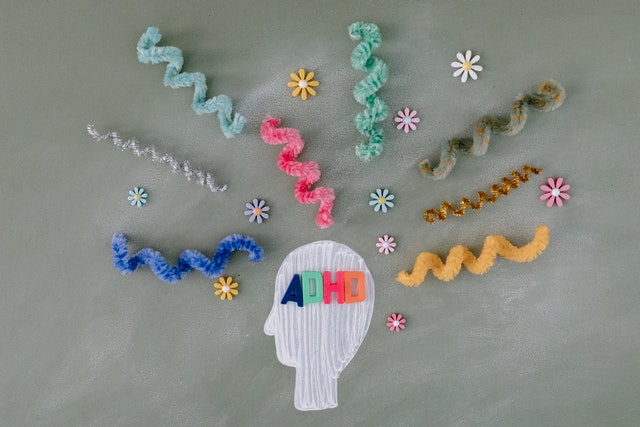 You understand that parenting a child with ADHD has both its own challenges and rewards.
You understand that parenting a child with ADHD has both its own challenges and rewards.
It’s great seeing them absorbed in the things that they love to do. Their spontaneous energy and enthusiasm are just contagious. This is true not just for you, but also when you see them interacting with other children their own age.
However, you also know that having ADHD isn’t easy, and that is a big reason why you want to be supportive.
If you have a child diagnosed with ADHD, consider some parenting tips can be useful for providing support.
1. Learn as Much as You can About ADHD
The first way that you can be supportive when parenting a child with ADHD is by doing your homework. ADHD is more complex than simply being distracted. Knowing the different facets of the condition and how they affect your child will help you be more supportive.
There are many resources available in the form of books, videos, blog posts, and chat groups/message boards dedicated to parenting an ADHD child. It may seem like too much information at first, as it’s a very common condition. But start with taking in a little at a time to build up your knowledge.
And once you already feel well educated about ADHD, it’s still helpful to stay up to date on current research and new treatments.
2. Be the Epitome of Patience
Next, you can support your child by knowing how to be patient. This will help greatly whenever your child is angry or frustrated or if there is a behavioral issue that needs to be addressed.
It’s helpful to keep in mind that your child really wants to do their best. What they are struggling with isn’t necessarily their ADHD; it’s often the fact that the world around them has been designed for the non-ADHD person. Keeping this in mind can help you maintaining your sanity when things go awry.
3. Stay Positive Both for Yourself and Your Child
Because ADHD can be so problematic, it’s easy for both you and your child to feel discouraged. But that’s exactly why it’s so useful to maintain a positive attitude about everything. This mindset will help you to keep the right perspective when problems pop up.
Also, a positive attitude is an important coping skill that you can role-model for your child. When your child has an “ADHD moment” encourage them to laugh about it and find the humor in the situation. Learning positivity will certainly be a great skill that they can carry with them into adulthood.
4. Work with Your Child to Create Structure
People with ADHD are fully capable of being productive and getting their work done. This includes your child.
Work together to create structure and small goals for your child so that they can accomplish challenging tasks, such as homework. For example, use a schedule that allows them to get up from their homework and move around for a few minutes about every thirty minutes or so.
Other ideas to create a helpful structure include:
- Reduce distractions
- Establish a daily routine
- Encourage movement to release energy
- Help them to make to-do lists
- Teach them how to use a calendar or planner
Your child has the capacity to do challenging work and be successful. They will just need some creative thinking and structure to help them get there.
5. Be an Advocate for Your Child
Finally, if you are a parent of a child with ADHD, then it’s important that you become an advocate for them. This is especially important in connection with school, as that is probably where they struggle the most.
Make sure that your child has received a thorough diagnosis and then ask for support from their school. Ensure that they are getting the services, support, and accommodations that they not only need but deserve to receive.
—
Parenting a child with ADHD is its own special journey. Your child will likely face their unique set of challenges. However, with the right support, they can thrive.
Use the parenting tips mentioned above to get started with providing the support they need. And if your child is still struggling, don’t hesitate to seek out counseling for ADHD. It would be my pleasure to help you along on your journey.




